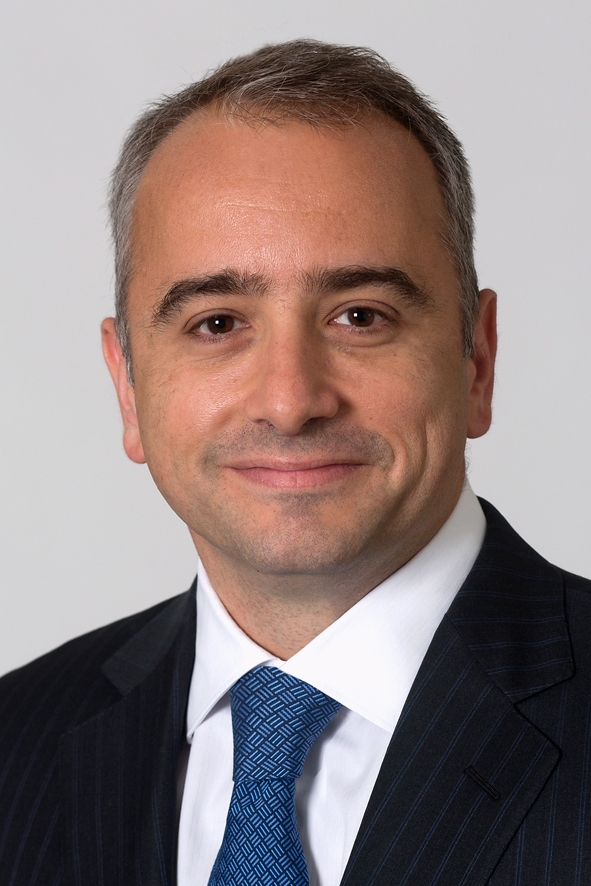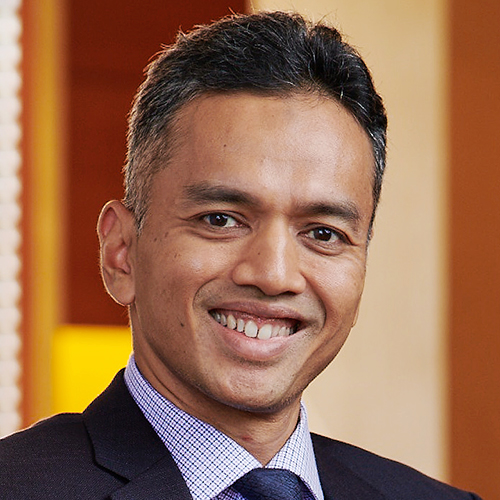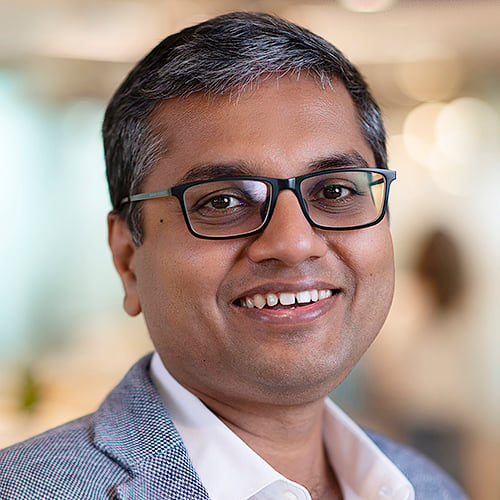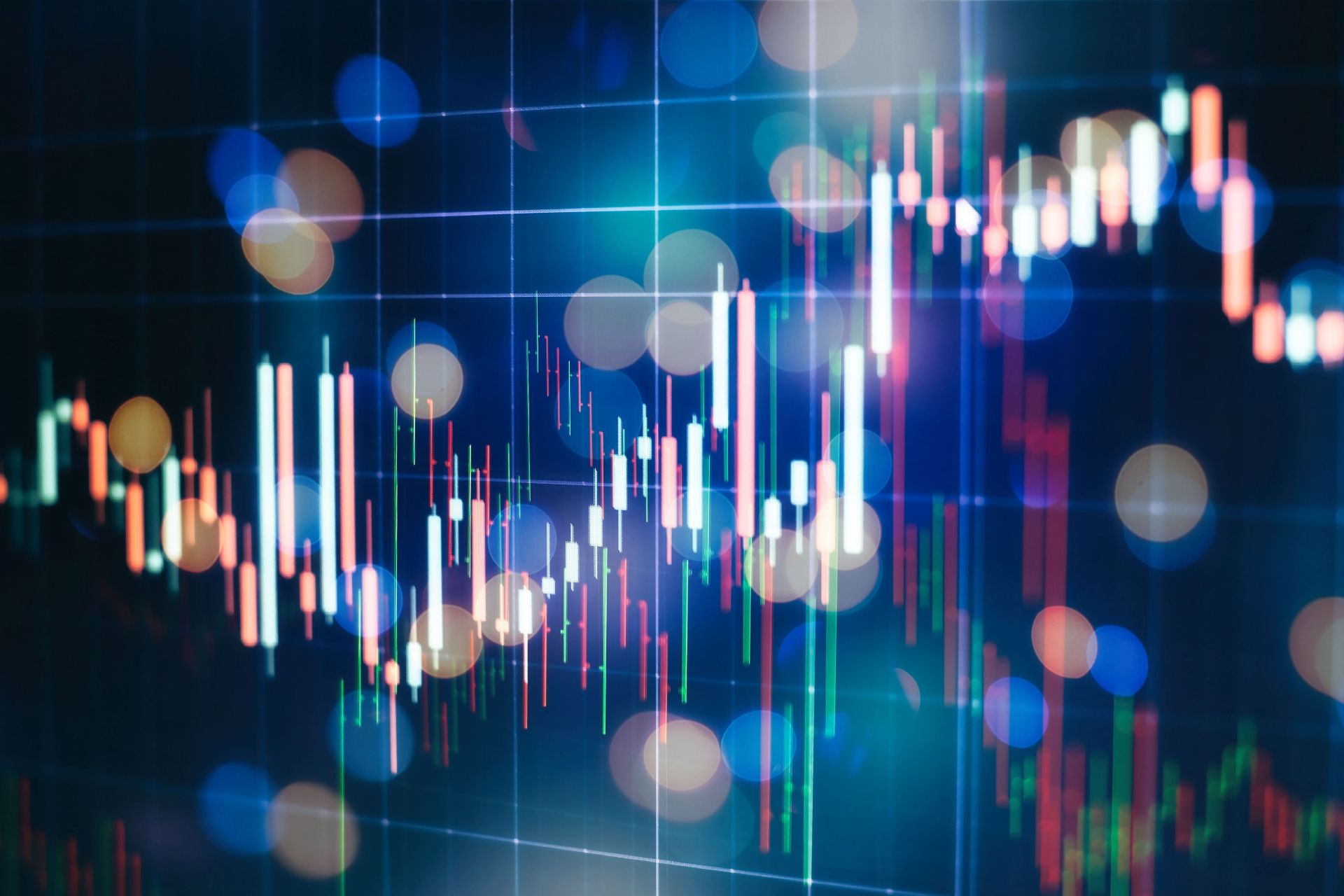
Rapid changes in the foreign exchange markets (FX) has left many of the traditional players in the industry reeling as they attempt to re-orient their business models to the new market realities.
In the past several years, the industry has been severely challenged by a combination of drivers, including increased regulation and persistently low-interest rates, along with losing probably a third of wallet share in terms of revenue since the global financial crisis.
In addition, the increasingly electronic nature of the financial market has resulted in the entry of new non-bank players who have been capturing significant market share. Gone are the days when a few big banks dominated the industry. These trends are borne out by the fact that the third biggest player in the industry in terms of market share as of May 2018 is a non-bank institution.
"Several non-bank players are entering the flow parts of our industry. Most people tend to assume that the advantages they have are linked to electronic technology but I think they are more to do with the fact that these players are newly built. They're unencumbered by legacy infrastructure," says George Athanasopoulos, UBS Group managing director and global head of foreign exchange, rates and credit.
"Banks, on the other hand, continue to carry significant legacy infrastructure on a business that is becoming smaller, nimbler, and more modern. The cost of modernizing is a potential drag and something that they will have to deal with. New entrants don't need to do that," Athanasopoulos says.
The banks have also evolved. Forced by regulations to drastically reduce their risk-taking, particularly in the form of proprietary trading, they are now focusing on manufacturing liquidity for their clients rather than on calling the markets right.
For UBS, it has been quietly reshaping its FX, rates, and credit business since the bank restructured its investment banking business in 2012. The result of this restructuring is a business that is less inventory-driven and more focused on returns optimization.
"It is much more focused on managing the capital that we are being given. In many ways, our business is similar to that of a fund manager. I always say to my people, you are here to manage the capital of the shareholders. You are not here to earn topline. You are here to earn a return," Athanasopoulos says.
One principal feature of the new business structure is that it does not attempt to offer a funds supermarket but is quite focused and selective in terms of the products and services that it now offers to its clients.
"I don't believe that the business, in general, is going to adhere to the supermarket model. Technology has made sure that clients can buy the best from wherever it's available. You don't need to go to one bank to get all services and, as technology revolutionizes the supply of products, suppliers need to focus on what they do well rather than on having a broad storefront," Athanasopoulos says.
UBS runs it business based on four pillars, namely - FX, rates, credit, as well as structured products and solutions.
In FX, the two main strengths of the new business structure are that it has a very strong technology capability and it has one of the largest FX options team in the industry. As the FX business has become increasingly electronic, UBS has rewritten all of its pricing technology in the past two years and is in the process of rewriting its hedging technology.
"It has become a bit of an arms race. FX is probably under the biggest threat from external participants. You can only stay in the race if, as we do, you have the skill set inside the team to compete with the non-banks and fintechs entering the market," Athanasopoulos says.
The bank is also focusing on developing machine learning in algorithms to improve price-making in FX. In May 2018, UBS deployed a new breed of algorithms and launched several second-generation exotics, as part of a broader overhaul of Neo's FX options capabilities, the first of its kind in the market.
"When I say machine learning, I mean algorithms that help the user decide how to manage risk and what venues to use to hedge. They can use the experience of dealing on those venues to educate themselves about their future hedging," Athanasopoulos says.
The bank has also gone back selectively into the credit business including building a trading team in Hong Kong which focuses on Asian G3 bonds basically from Chinese offshore issuers.
"Asia credit is a franchise business which requires participants to maintain a good relationship with their clients, and equip themselves with the right people to connect with them. It is not a big balance sheet game. We rebuilt our Asia credit business about a year and a half ago. It has been a very successful exercise. Our market share has gone up close to 10% in the secondary market where we have a mainly North Asia focus, with a strong emphasis on Greater China," says Anthony Hall, UBS managing director and head of FX, Rates, & Credit, Asia Pacific.
In rates, the bank is focusing on three aspects: first, as a full-service provider in Switzerland and Australia; second, bringing its capabilities to markets where clearing has become mandatory; and third, providing products tapping rates volatility.
"We have a good institutional client base in rates vol as well as a healthy structured products business so the two put together give us a decent platform from which to run non-linear business in rates," Athanasopoulos says.









